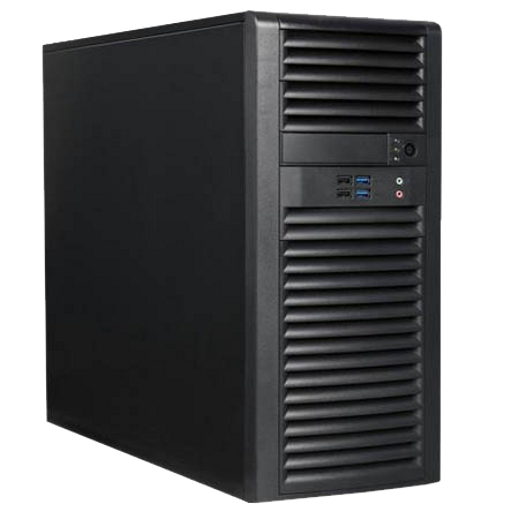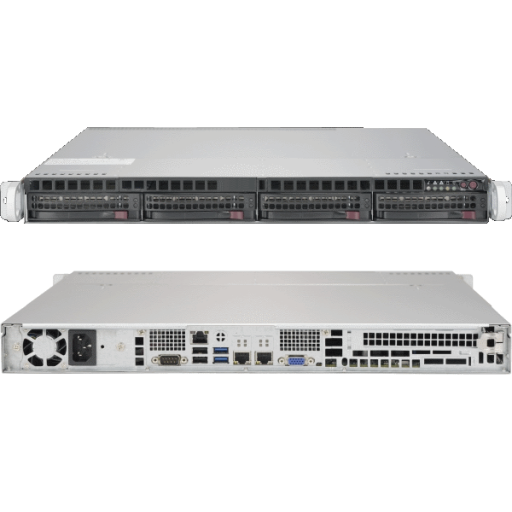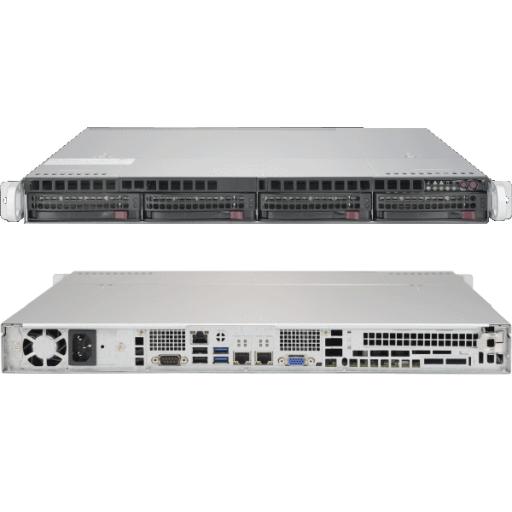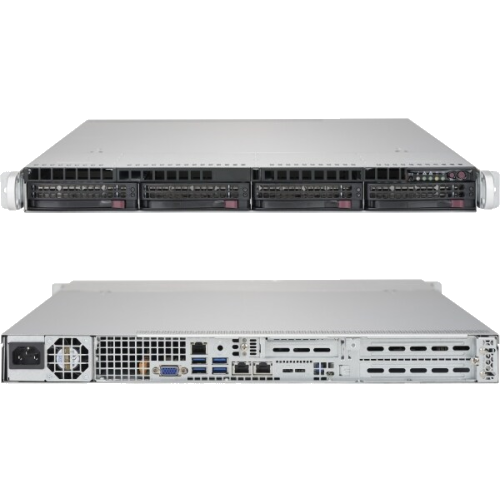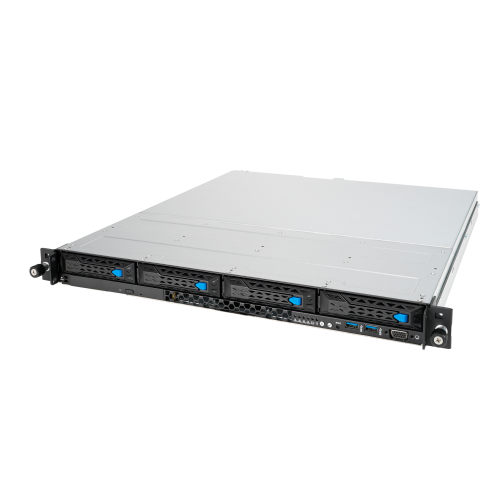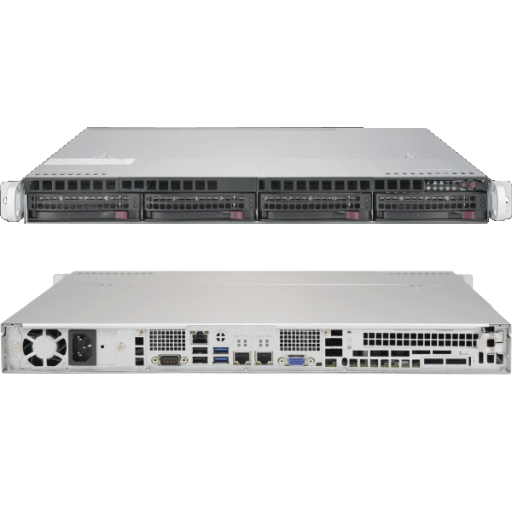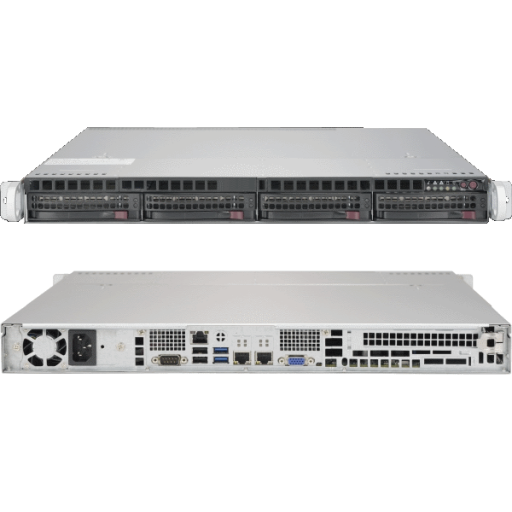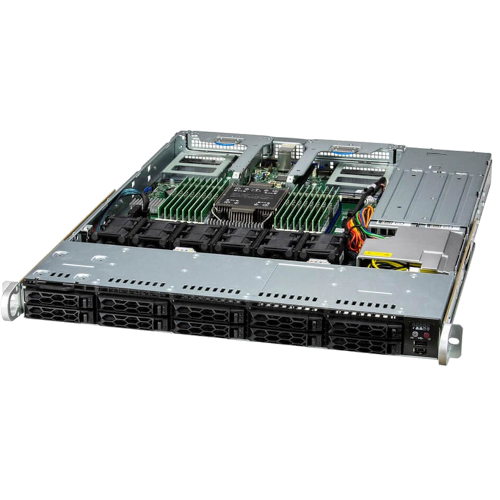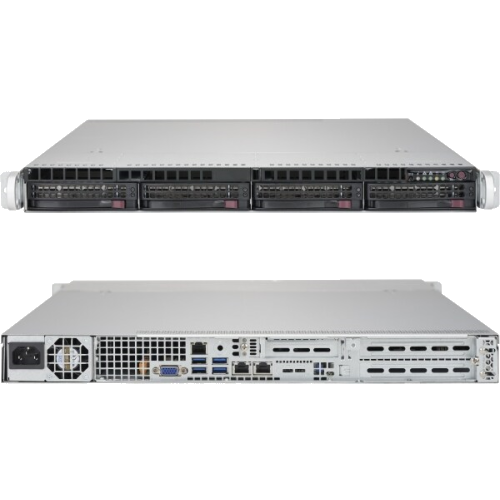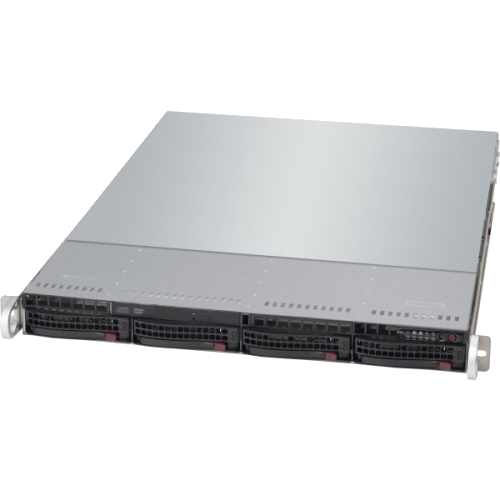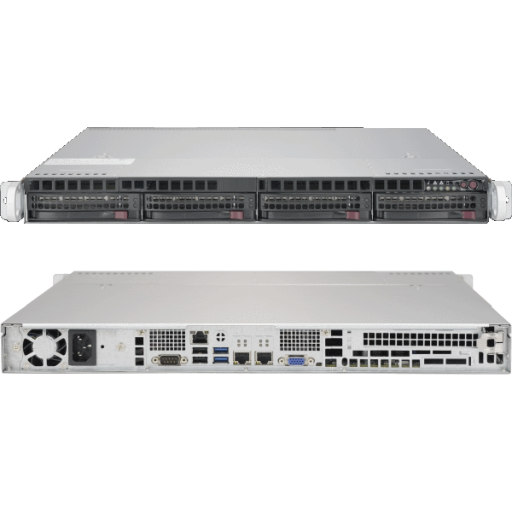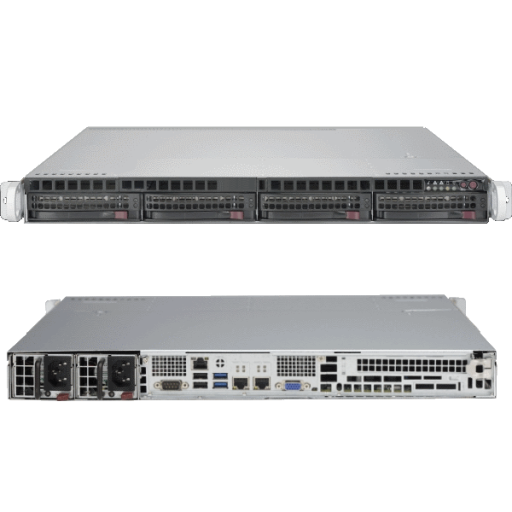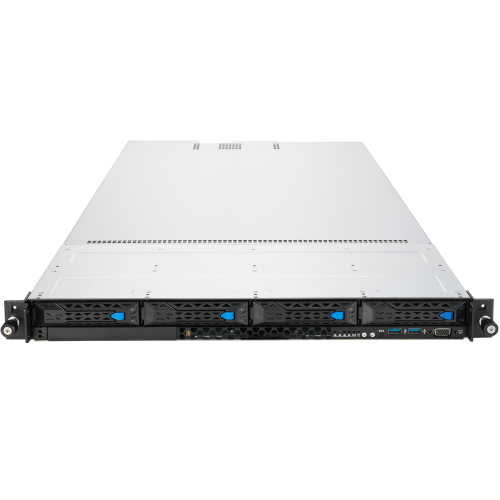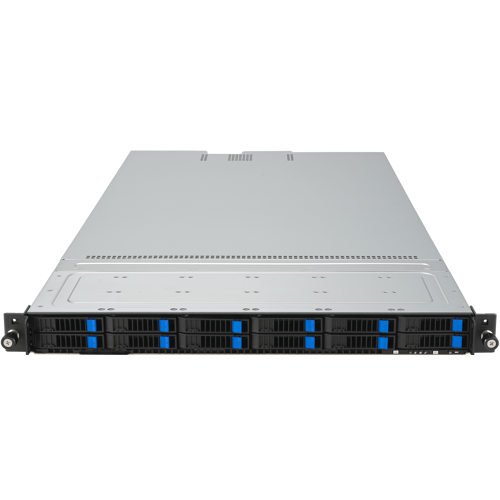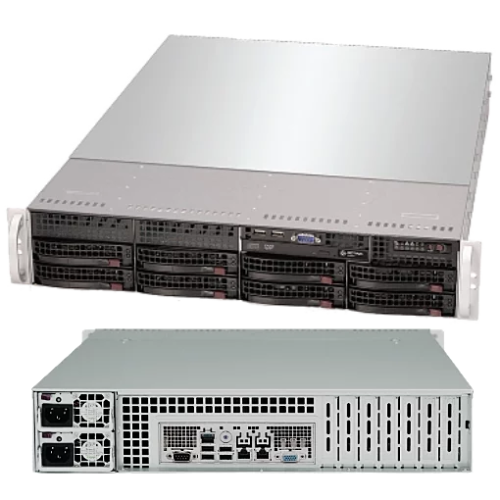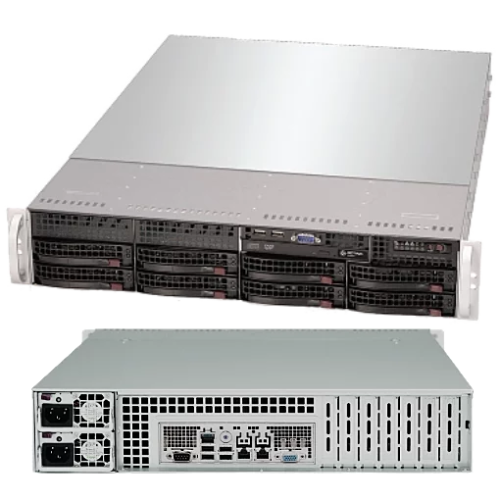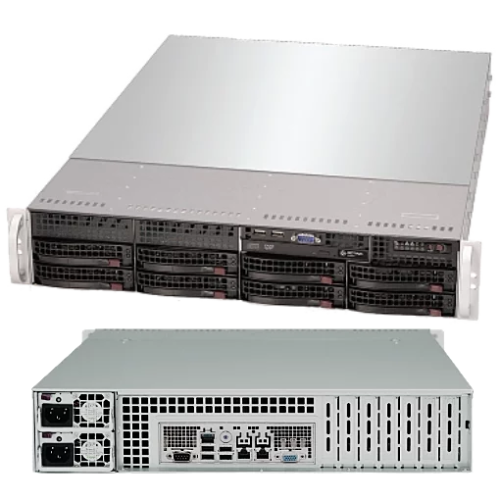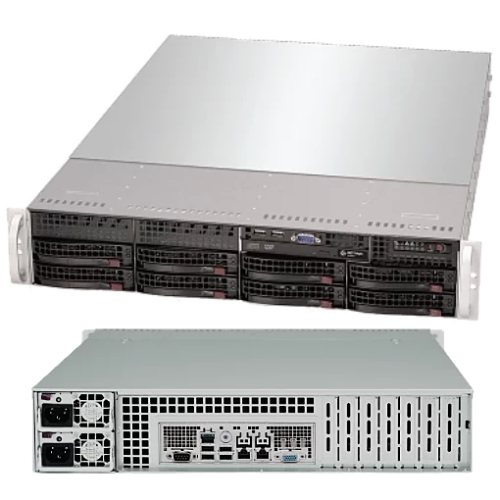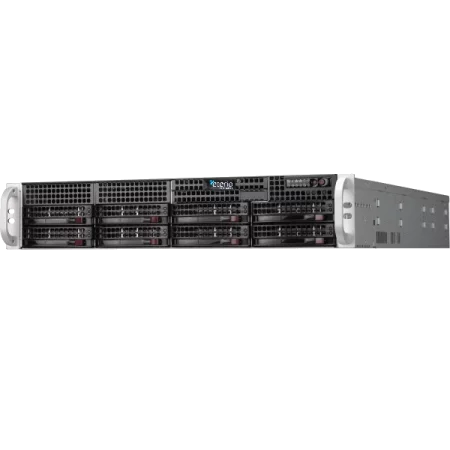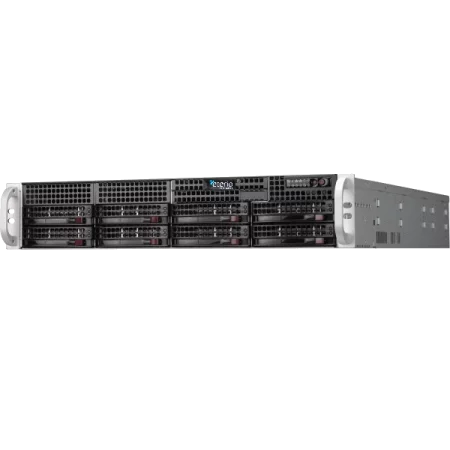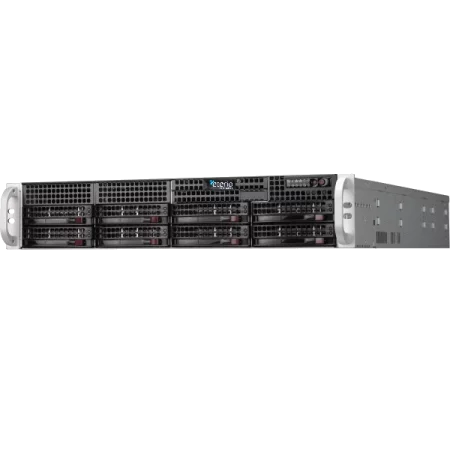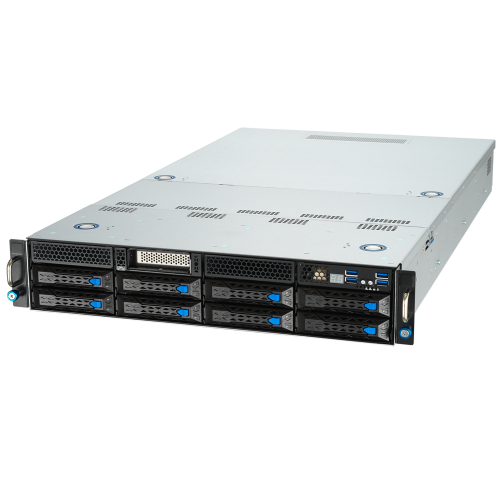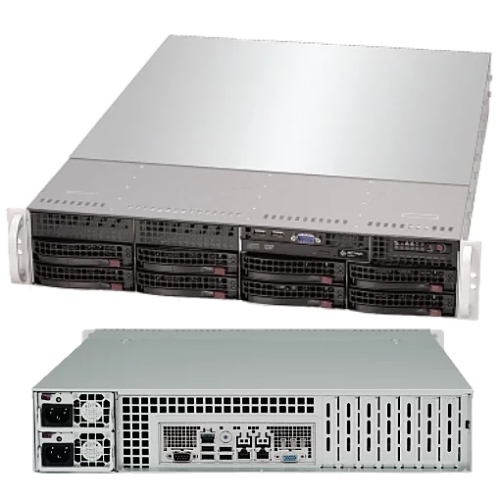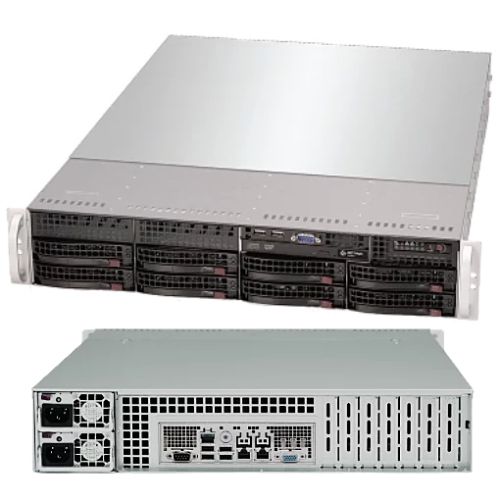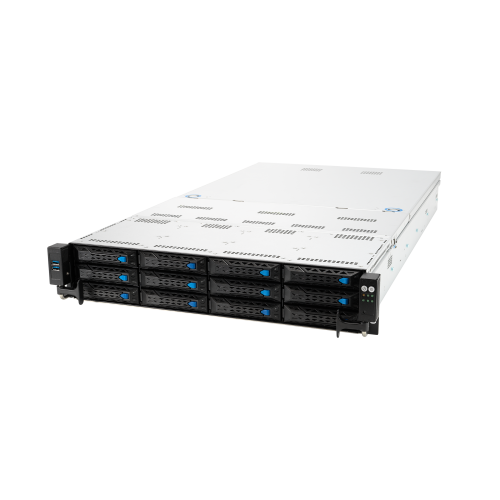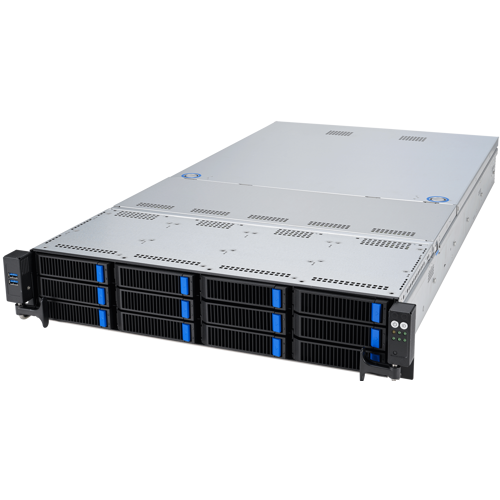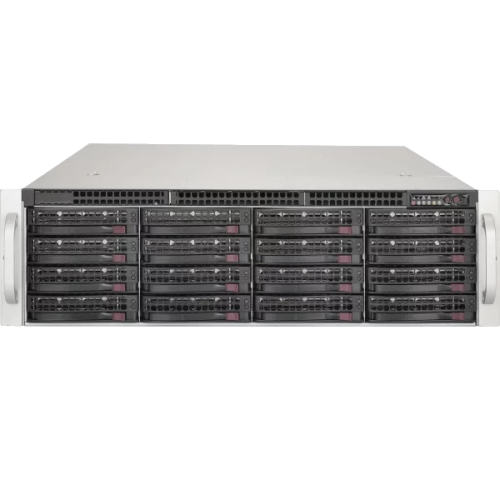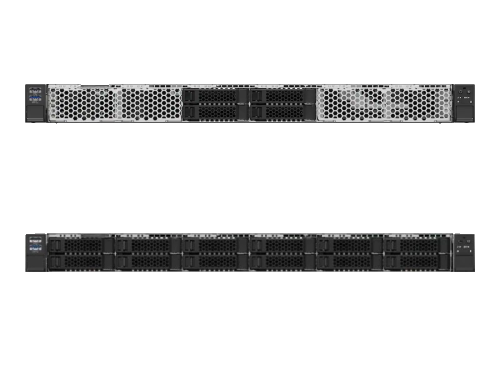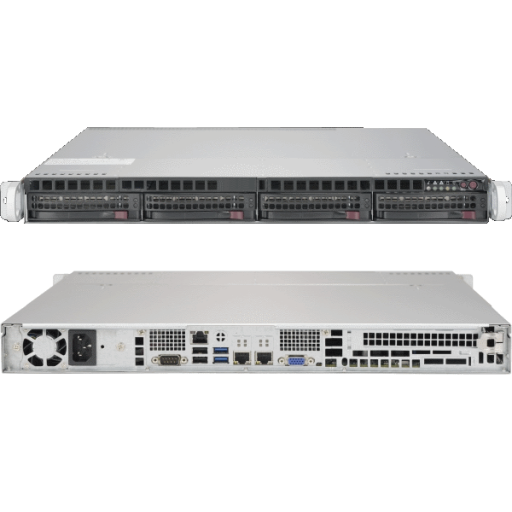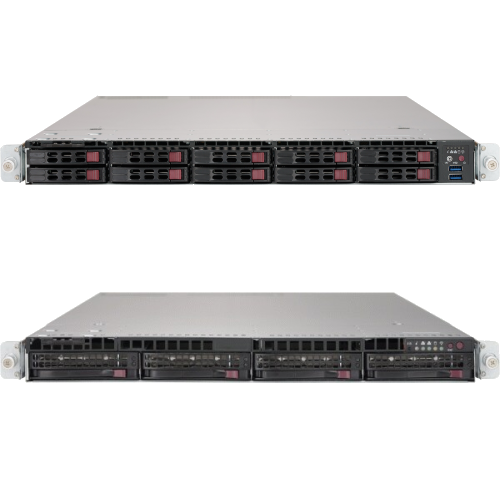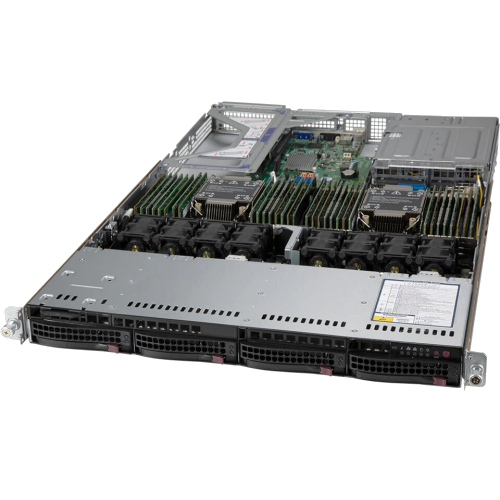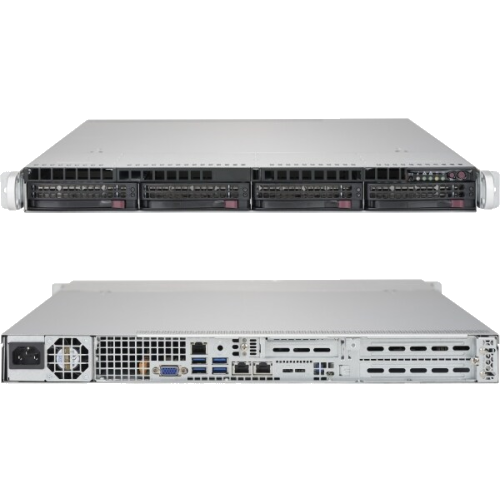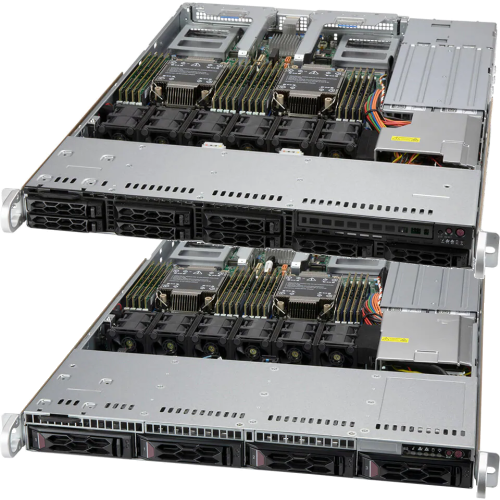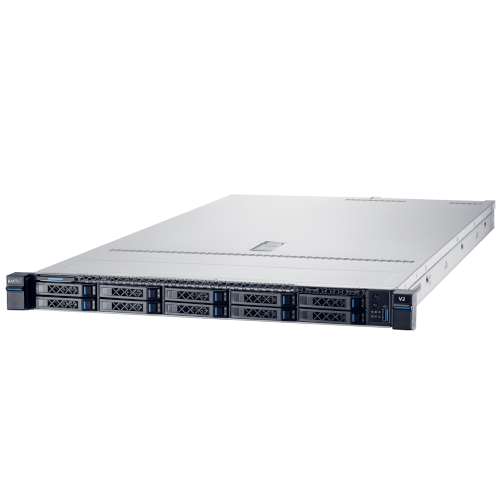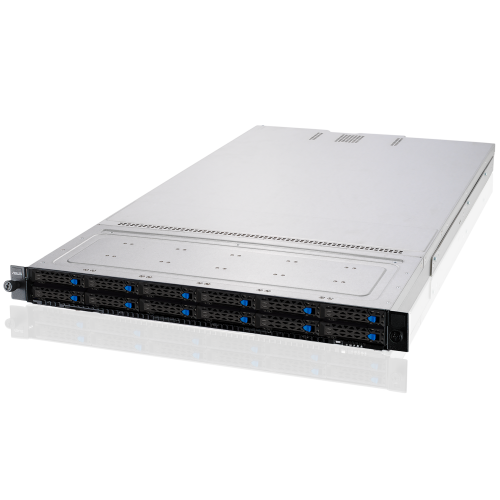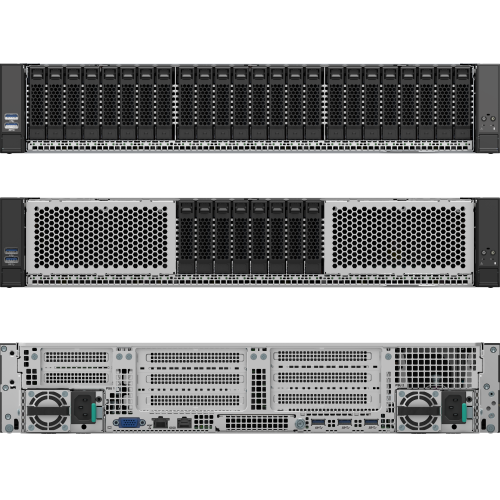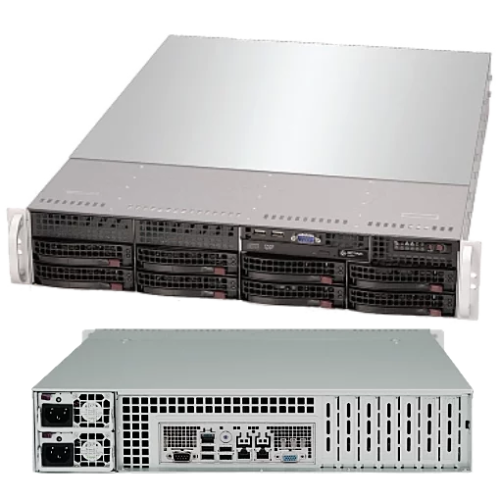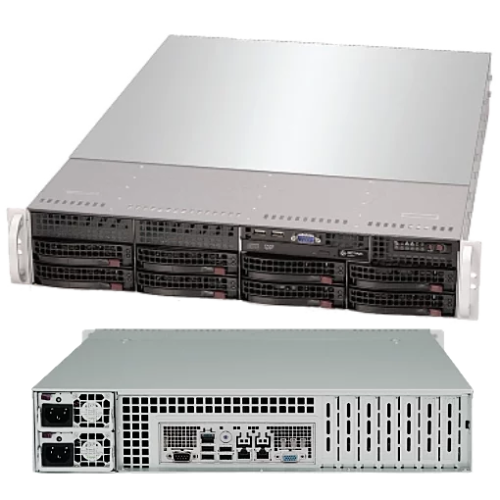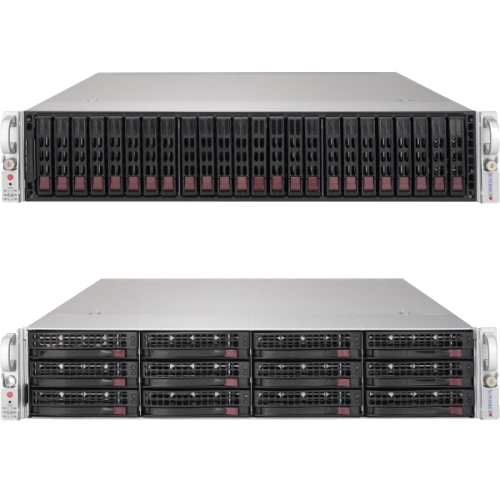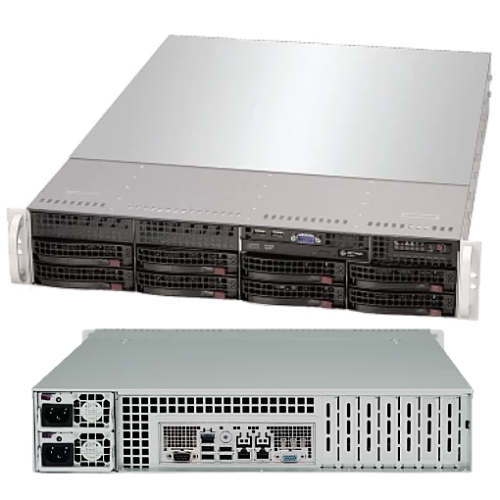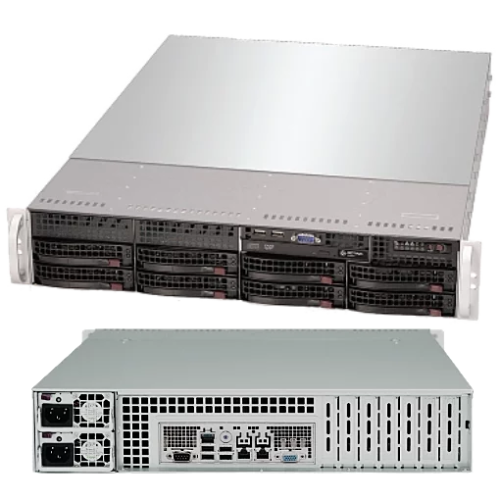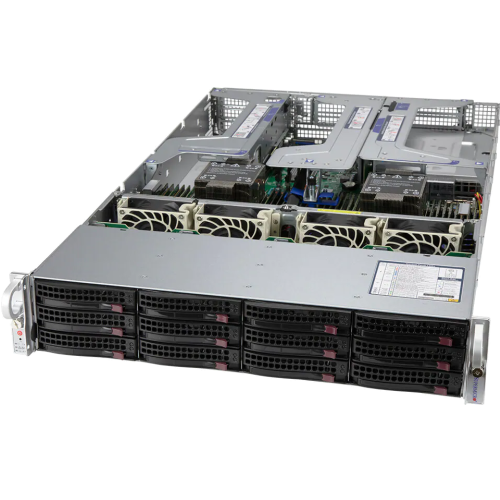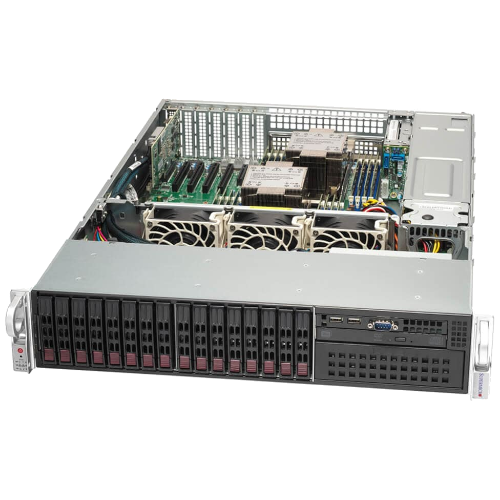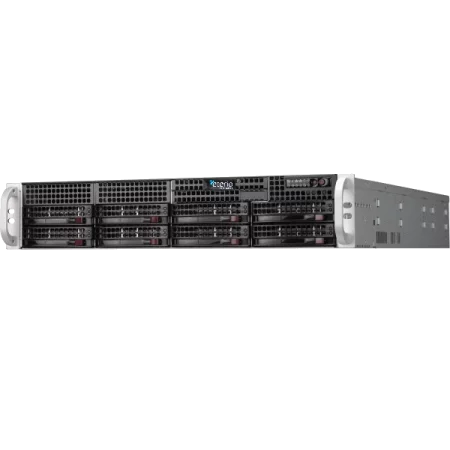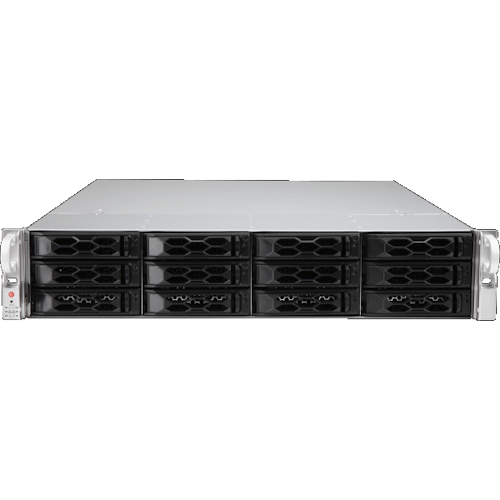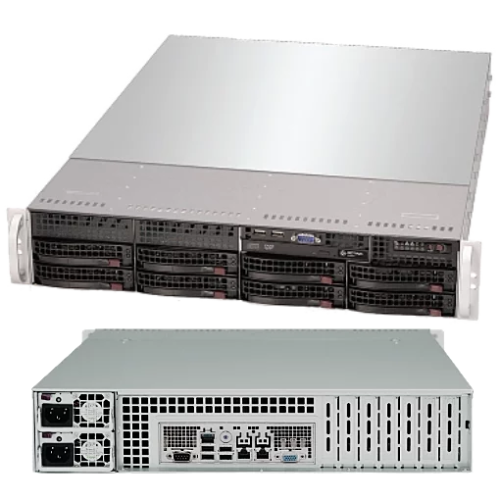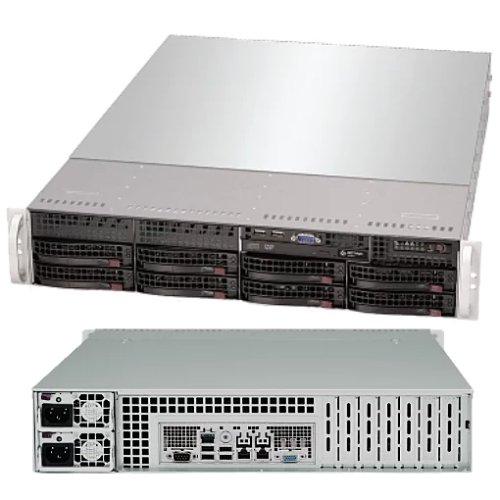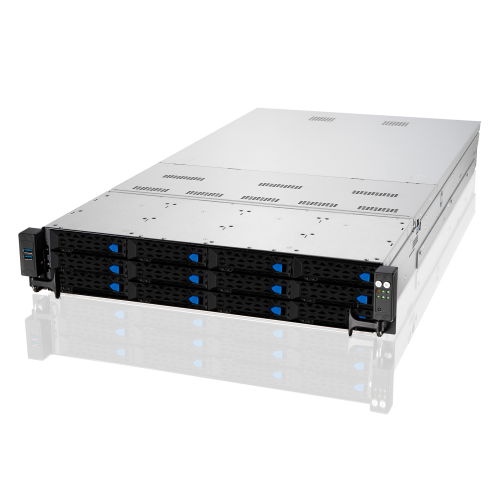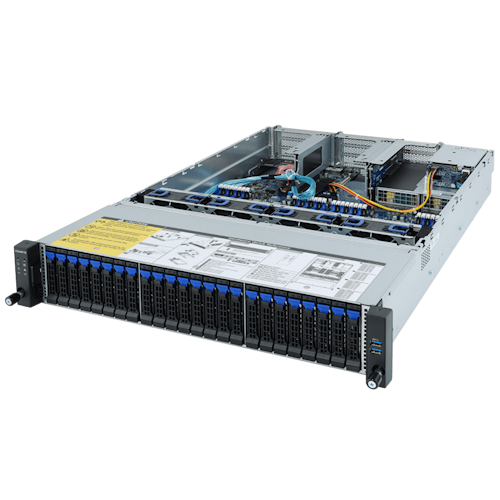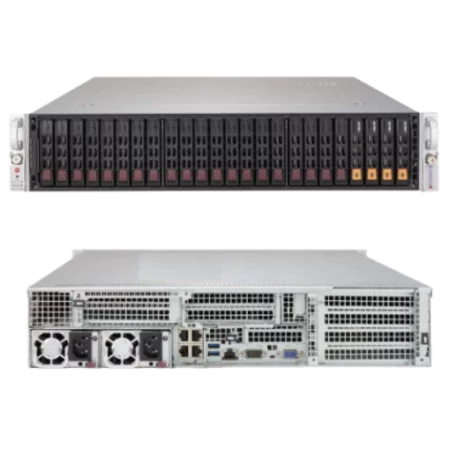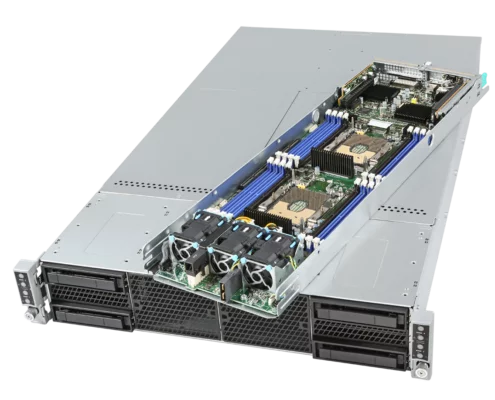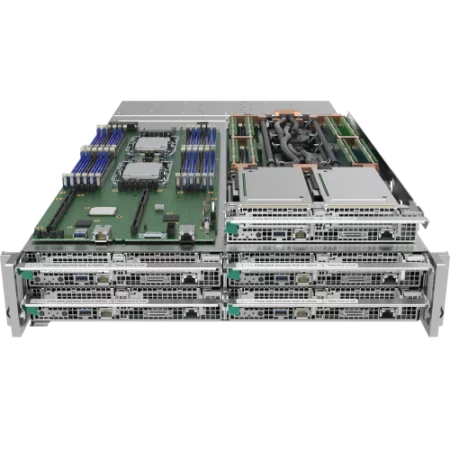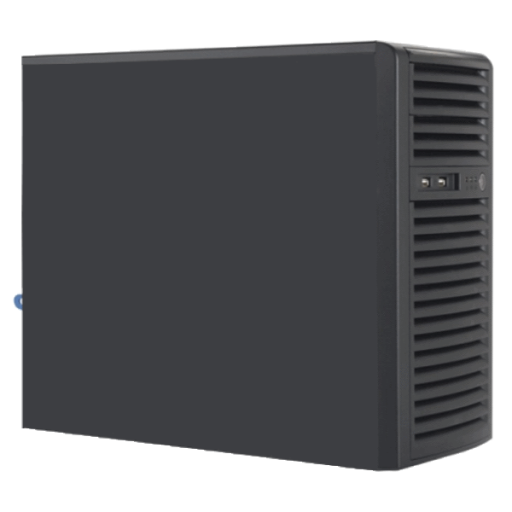
Servers are the backbone of any server room, whether it pertains to a large data center or a small branch office.
Servers are the backbone of any server room, whether it pertains to a large data center or a small branch office.
In the case of small and medium-sized businesses, single processor servers are the most common choice. They are sufficiently efficient and cost-effective. Additionally, they tend to outperform PCs, as they are built with dedicated server components compatible with server operating systems, can be equipped with doubled or multiplied power supplies, and operate efficiently in continuous mode.
Single processor servers have a wide range of applications, but it’s important to choose specific models based on actual needs. This hardware is used in areas such as:
Individual servers differ in characteristics and key parameters. One of the differences is the assembly method. A single processor server can be housed in a standing enclosure/case (Tower) or installed in a RACK cabinet. The Tower solution is more suitable for smaller server rooms, while RACK server cabinets are effective because they allow to save space. RACK cabinet sizes vary, allowing customization to meet client needs.
Using a basic configuration, you can select an appropriate processor (e.g., from 4 to 8 cores) and RAM memory (8, 16, 32, 64 GB), which determines data processing speed. Different models also vary in the number of available RAM slots. The server’s disk storage capacity depends on the choice of suitable disks, another area where it’s important not to skimp. Typically, single-processor servers have 4-6 disks. In some server rooms there are units installed that are equipped with disks measured not in gigabytes but in terabytes. RAID controllers are also crucial because they ensure the continuity of a server’s job even if individual disks fail (when configured in the appropriate RAID level).
Eterio’s single processor servers are not only a reliable but also an economical option. They are efficient and utilize energy-saving technology. They can be configured to perform well even with tasks that require higher computational power. However, if you need equipment for special tasks and are concerned that single processor servers may not be sufficient for you, you can opt for dual processor servers, quad processor servers, or multi-node servers.
Serwery dwuprocesorowe to rozwiązanie, które sprawdza się w każdej serwerowni niezależnie od jej zastosowania. Nadają się do typowego wykorzystania (np. jako hosting stron internetowych czy serwer plików), ale również do wykonywania zadań specjalnych. Serwery dwuprocesorowe mogą mieć większą moc obliczeniową od serwerów jednoprocesorowych, co wiąże się z tym, że mają lepszą skalowalność. Zapoznaj się z naszą ofertą.
Serwery dwuprocesorowe są uniwersalne, ponieważ mają wiele zastosowań. Najczęściej służą do:
Zazwyczaj pierwszym kryterium wyboru serwera dwuprocesorowego jest obudowa. W przypadku posiadania większej przestrzeni lub zakładania małej serwerowni z powodzeniem wystarczy sprzęt w tradycyjnej obudowie wolnostojącej typu Tower. Efektywniejsze (zajmują mniej miejsca) są modele, które montuje się w szafach RACK.
W konfiguratorze dostępne są procesory o różnej wydajności i łączach międzyprocesorowych, np. od AMD EPYC 7252; 8core; 3.1GHz; 64MB cache po AMD EPYC 7702 64core; 2.0GHz; 256MB cache. Serwery dwuprocesorowe mają więcej slotów RAM (w porównaniu z serwerami jednoprocesorowymi). Ich pojemność uzależniona jest od liczby i rodzaju wybranych dysków. Serwery te są również wyposażone w kontrolery RAID oraz HBA. Zmienne parametry to także rodzaje kart sieciowych czy karty Fibre Channel (znajdujące się w wyposażeniu niektórych serwerów). Sprzęt pracuje na systemie Windows Serwer. Dobierając serwery dwuprocesorowe, warto zwrócić uwagę na energooszczędność. Mocniejszy sprzęt z reguły wiąże się z większym zużyciem prądu.
Szukasz sprawdzonych serwerów dwuprocesorowych od zaufanego producenta? Eterio korzysta z zaawansowanej technologii i wysokiej jakości materiałów. Dzięki temu serwery z naszej oferty są nie tylko szybkie i pojemne, ale także bezawaryjne. W przypadku większych serwerowni można postawić na serwery czteroprocesorowe lub serwery wielowęzłowe. W mniejszych serwerowniach wystarczające okazują się niezawodne serwery jednoprocesorowe.



